The Difference between Web Programming Languages
The world of web development is vast and diverse, encompassing many programming languages used to create impressive websites. Beginners in this field may feel confused and overwhelmed when choosing the right language for their project. In this article, I will explain how to select the appropriate programming language. This article aims to explain the differences between various web programming languages, clarify their functions and uses, and help programmers choose the most suitable language for their needs.
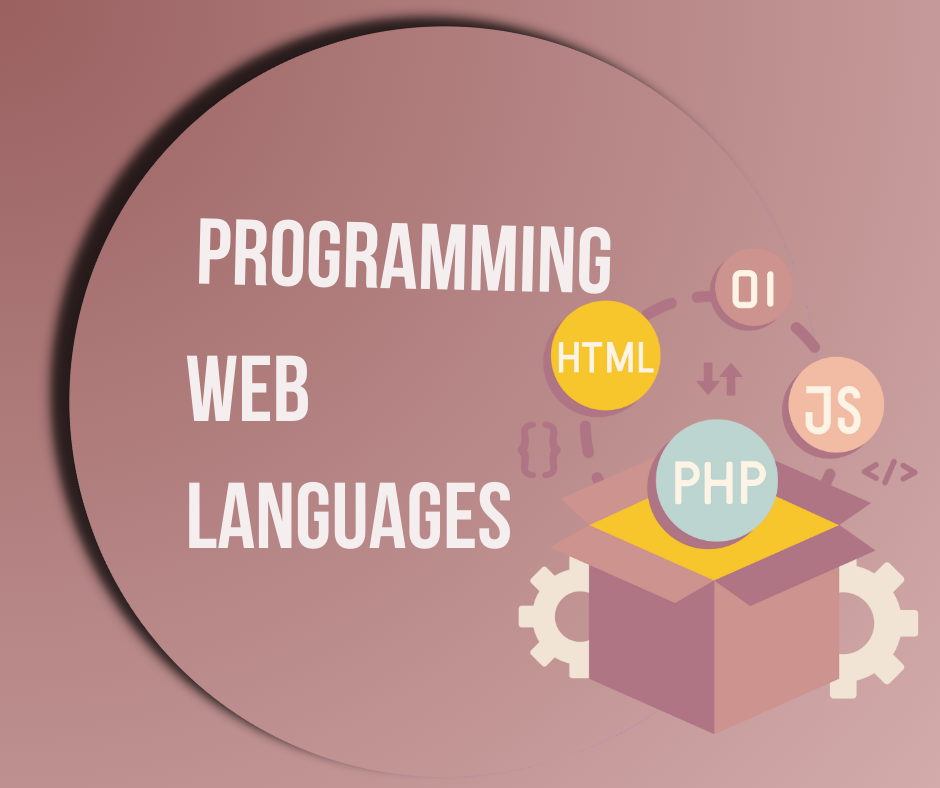
Web Programming Languages
Website design and development rely on a set of programming languages, which are divided into three main categories:
1- Front-End Programming Languages:
HTML:
HyperText Markup Language, the foundation for building web pages, defining their structure and elements.
CSS:
Cascading Style Sheets, used to control the appearance and style of web pages, such as colours, fonts, and graphics.
JavaScript:
An interactive programming language used to add dynamic behaviors to web pages, such as animations and user interactions.
2- Backend programming languages:
PHP:
A popular scripting language used to create dynamic and interactive web applications.
Python:
A versatile programming language used in various areas of web development, including web and mobile application development.
Java:
A powerful and reliable programming language used to build complex web applications.
Ruby on Rails:
A popular framework used to create fast and user web applications.
3- Database Programming Languages:
SQL:
A query language used to interact with databases and extract data.
NoSQL:
Non-traditional databases used for storing unstructured data.
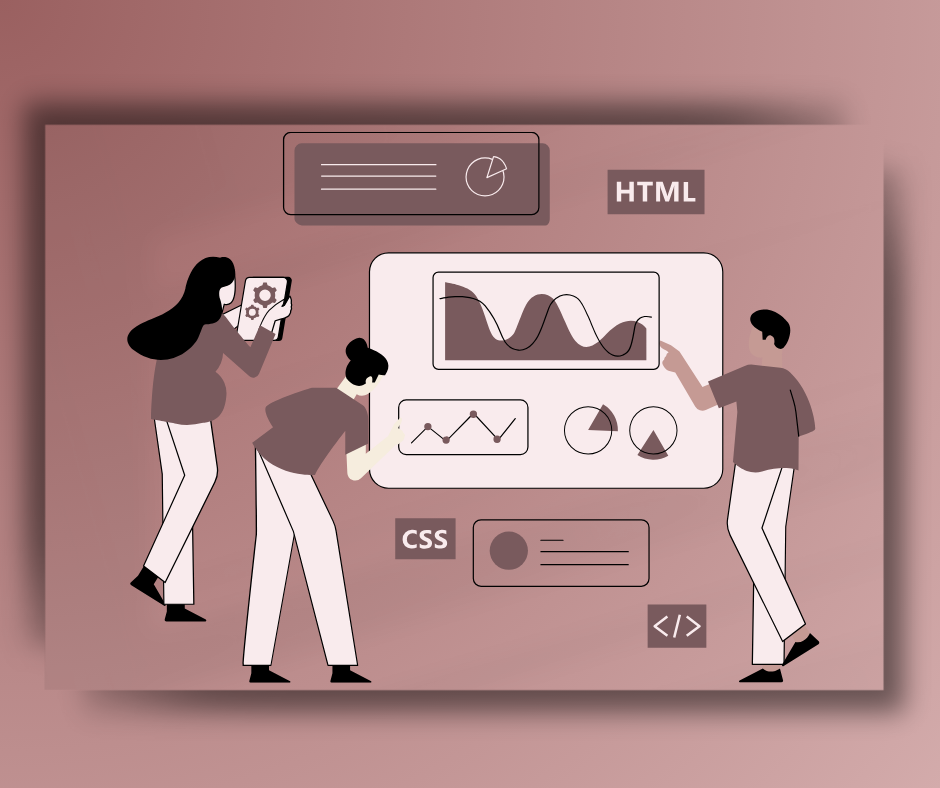
The Importance of Learning Website Programming Languages
Learning website programming languages is highly important in today’s era for the following reasons:
1- Wide Job Opportunities:
There is a high demand for skilled programmers in the job market, especially in the field of web development.
Learning website programming languages enables you to work in various fields such as:
· Designing and developing websites
· Developing web applications
· Working in technology companies
· Freelancing
2- Essential Technical Skills:
The use of the internet has become an integral part of our daily lives, making it important to learn the necessary technical skills to create websites and web applications.
Learning website programming languages allows you to:
· Create your own website or a website for your company
· Develop useful web applications
· Improve your technical skills
3- Creativity and Innovation:
Learning website programming languages allows you to express your creativity and innovation through:
· Designing attractive websites
· Developing innovative web applications
· Solving problems using programming
4- Developing Thinking Skills:
Learning website programming languages helps you develop logical thinking and problem-solving skills.
Programming requires analysing problems and breaking them down into manageable steps.
Learning programming enhances your skills in:
· Problem-solving
· Logical thinking
· Creativity
· Focus
5- Financial Independence:
Learning website programming languages allows you to pursue freelancing and achieve financial independence.
You can work on your own projects or collaborate with various companies.
Additionally, you can create and sell educational content about programming online.
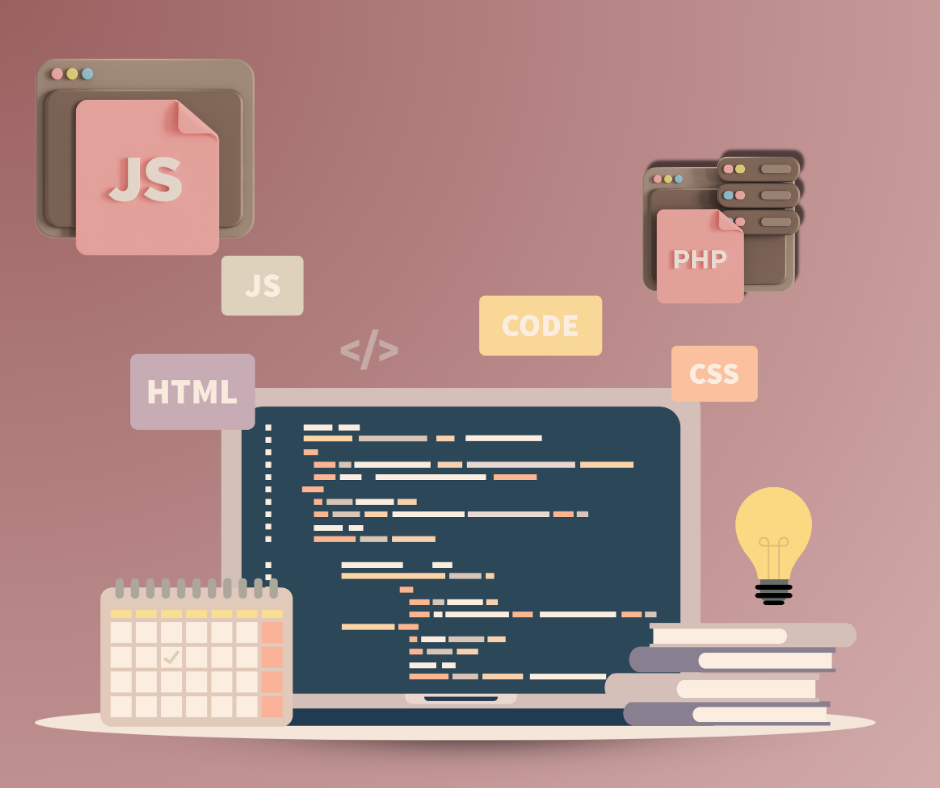
How to Choose the Right Programming Language
Choosing the right programming language is a crucial step for anyone looking to start learning programming or develop their own project. There are several factors to consider when selecting a programming language. Here are some steps to help you make the decision:
-1Define Your Goals:
Are you looking to create a website? A mobile application? A game?
-2Assess Your Skills and Experience:
· Do you have any prior programming experience?
· What programming languages do you already know?
· Are you prepared to learn a new language from scratch?
-3Research Programming Languages:
There are many programming languages available, each with its own advantages and disadvantages.
Research languages that align with your goals and skills.
Compare different programming languages based on:
· Ease of Learning
· Language Popularity
· Availability of Documentation and Community Support
· Language Capabilities
-4Try Out Programming Languages:
The best way to choose the right programming language is to try it yourself.
There are many websites and apps that offer free programming tutorials.
Experiment with writing code in different languages to see which one suits you best.
-5Seek Help:
If you're having trouble choosing the right programming language, don't hesitate to ask for help from someone experienced in programming.
You can also join online programming communities to get advice and guidance.
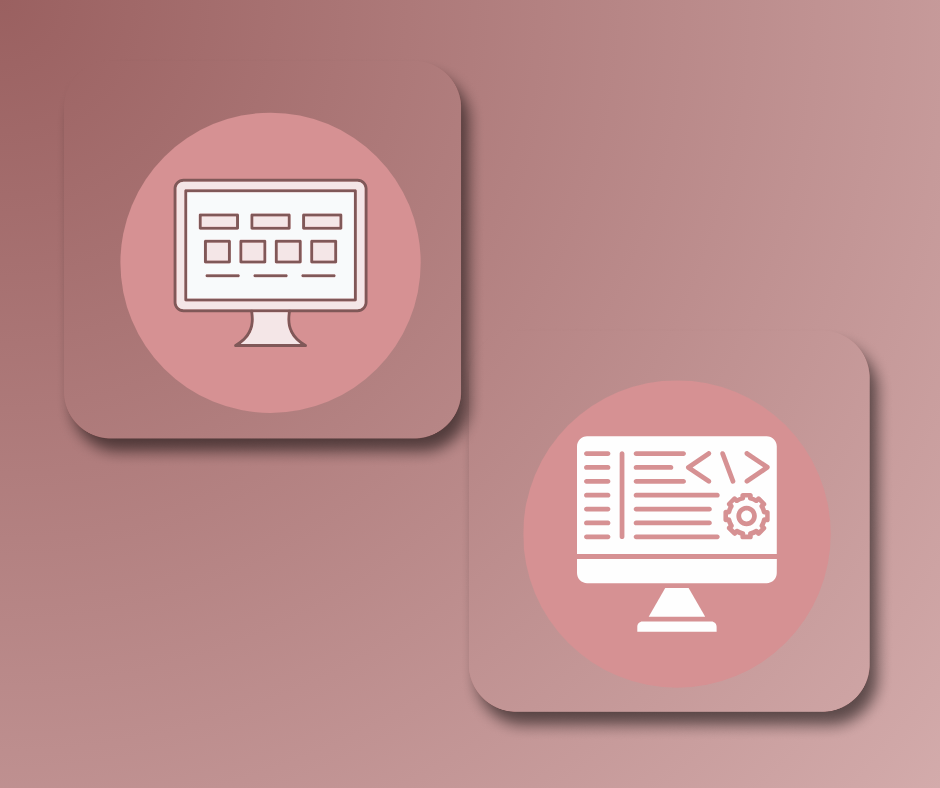
Key Differences between Front-End and Back-End Languages
-1Front-End Languages:
· Function:
Used to create the visual interface of a website that users interact with directly.
· Common Languages:
HTML, CSS, JavaScript
· Focus:
On design and user interaction.
· Examples:
Designing web pages, adding animations, validating user input.
-2Back-End Languages:
· Function:
Used to process user requests and interact with the database.
· Common Languages:
PHP, Python, Java
· Focus:
On functionality and logic.
· Examples:
User authentication, processing payments, data storage.
Conclusion
There's no doubt that web programming languages form the backbone of the internet, enabling us to build interactive and attractive websites that meet various user needs. The primary focus should be on promoting quality and enhancing the end-user experience. The chosen language should facilitate ease of use and improve user experience. If the language supports powerful tools and libraries for UI design and data analysis, it will significantly increase the added value of the website.
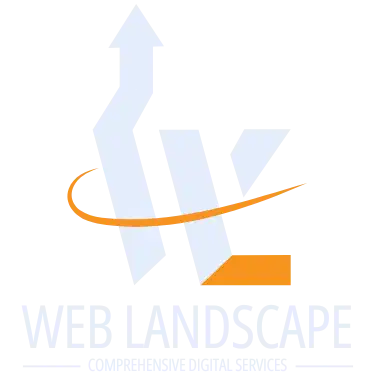
.webp)

